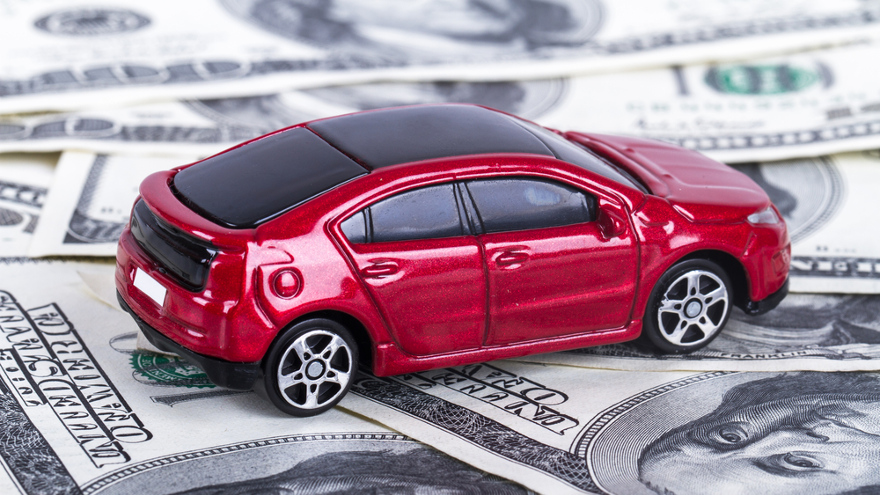New-car financing tightens up

By subscribing, you agree to receive communications from Auto Remarketing and our partners in accordance with our Privacy Policy. We may share your information with select partners and sponsors who may contact you about their products and services. You may unsubscribe at any time.
CARY, N.C. –
Interest rates on new-car financing is at a near-decade high, and zero-percent deals are at a seven-year low, according to Edmunds — all while the average total amount and monthly payment on new-car finance packages has reached record levels, says Experian.
In short, the new-car finance market has tightened up.
“The dream of owning a new vehicle is becoming more elusive to the average American,” said Melinda Zabritski, Experian's senior director of automotive financial solution, in a news release accompanying the company’s State of the Automotive Finance Market Report.
“To reverse the trend, dealers and lenders need to better understand the data and explore different options to make new-vehicle ownership accessible and appealing,” she said.
In the first quarter, the average amount on a new-car loan was at $31,455, up $921 year-over-year, according to Experian.
New-car loan payments averaged $523, compared to $508 in the first quarter of 2017. The first-quarter interest rate on new-car loans was at 5.17 percent, Experian said.
Subscribe to Auto Remarketing to stay informed and stay ahead.
By subscribing, you agree to receive communications from Auto Remarketing and our partners in accordance with our Privacy Policy. We may share your information with select partners and sponsors who may contact you about their products and services. You may unsubscribe at any time.
That jumped to 5.75 percent in May, according to Edmunds, which said this was up from 5.04 percent from a year ago. The last time new-car APRs were this high was 2009, the company said.
Interestingly enough, the rise in interest rates may be spurring some consumers to go ahead and buy now.
“Higher interest rates appear to be incentivizing car shoppers, which is likely why we’ve seen stronger than expected sales so far this year,” said Jeremy Acevedo, manager of industry analysis at Edmunds, in a news release.
“Since interest rates have been creeping up all year, shoppers are likely thinking it’s better to buy now before rates get any higher,” he said. “However, this is likely a temporary pull-ahead effect, and could come back to bite automakers later in the year.”
The scaling back of zero-percent financing could be driving this rise in APR, Edmunds said. At just a 6.3-percent share of total financing, zero-percent deals were at a seven-year trough last month.
That’s about a three-and-a-half-point drop from both year-ago and May 2013 figures.
“Zero-percent financing loans are growing too costly for automakers to offer, but that doesn’t mean that incentives are not out there,” Acevedo said. “Automakers and dealers are simply turning toward other, more creative incentive structures in order to lure in consumers.”
And on the lender side, they’re leaning toward being “risk-averse” — at the moment, at least.
Subprime loans represented 9.26 percent of new-car loans in the first quarter, down from 10.1 percent a year ago, according to Experian. Nonprime's share decreased from 16.96 percent to 16.72 percent.
Meanwhile, 73.4 percent of new-car loans in the first quarter went to either prime or super prime consumers. That is up from 72.2 percent a year ago and the strongest Q1 share in six years.
Experian also noticed some improvement on the payment side, with 30-day delinquencies down to 1.9 percent for the quarter (down 3.1 percent) and 60-day delinquencies at 0.67 percent (even).
"Traditionally, lenders' risk tolerance has swung back and forth like a pendulum, and right now we're seeing a more risk-averse side. But if payments continue to improve, we could see credit standards loosen," Zabritski continued. "The more insight lenders have into consumer credit behavior, the better decisions they can make."


